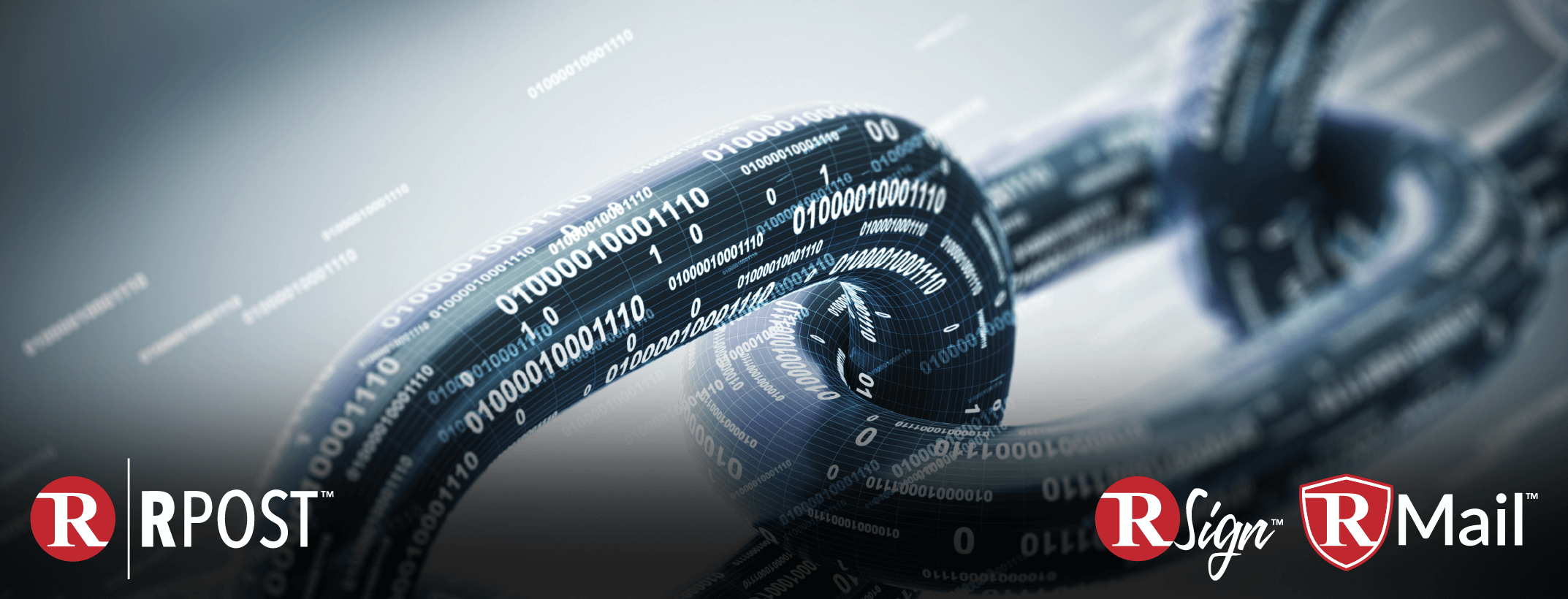
Coming off this past July 4 weekend, we’ve had a lot of time to reflect on the true meaning of freedom, especially since this word gets tossed around so much that it almost loses all meaning. To some, freedom means gaining independence from another, usually larger controlling entity while to others freedom means being in a perpetual state of not having to submit to a central authority.
In the tech sphere, the latter of these meanings has taken center stage, as we’ve heard a lot about decentralization lately. In the finance realm, there’s the freedom to transact without a central bank via cryptocurrency underpinned by blockchain technology. In the art/collectables world, there’s freedom to share and sell digital original art without need for a centralized auctioneer or broker via NFTs a/k/a non-fungible tokens (please see this recent Tech Essentials eSignature blockchain article). Then, closer to home here at RPost, there’s the freedom to send messages and/or documents to anyone in the world without a central server via the magic of email.
With the first two, these decentralized platforms have created trillions of dollars of value but do so with content owner controls and authentication in mind, which is the premise of the underlying blockchain technologies. However, with email, it was born decentralized and without the inherent controls and authentications. Those had to be built later by a variety of different organizations in the public and private sectors.
Today we’re seeing an evolution of email and document privacy and security where content originators want the freedom to be able to control their information wherever it may be. They want to enjoy the freedoms of email for content sharing but now with controls to track and authorize viewership or erase information even if it resides on someone else’s device.
Apple just announced its newest messaging content controls, its “undo send” feature for iMessages where users will have a 15-minute window to unsend texts. However, once the 15 minutes are up, you will not have the ability to recall these messages. Interestingly, it’s worth noting that the recipient will be notified that you unsent a message, but they won’t be able to see what you unsent. This is reminiscent of Outlook’s email recall feature, which, like iMessage, only works if everyone is on the same server with the proper controls on that server. While all iPhone iMessage users are effectively on the same server – this is not true for Outlook users; hence, the Outlook recall feature simply does not recall anything most of the time.
RPost is now showcasing leadership in messaging content controls with its newest “erase” capability for sections of email content and documents even after the message has been sent or the document is stored on someone else’s device.
RDocs by RPost empowers you to protect, control, track, or kill access to documents in-the-ether, even after sending, and it is the only electronic document rights platform (EDRM) built on 20 years of leadership in email security and compliance. This is document rights management that is easy enough for real people to use. Plus, we’re never going to require readers to download or have any special companion software. Read more about RDocs™ security here.
Know More: Document Control
There’s also the Disappearing Ink™ feature within RMail by RPost, where senders can tag certain parts of an email message to disappear from within the email post-delivery after a designated amount of time since sending, based on number of views, or time per view. Optionally, there can be no record of the content tagged as Disappearing Ink™ in the sender’s sent mailbox. Plus, after the content is scheduled to disappear, it additionally disappears from within the recipient inbox message content with no trace. Read more about Disappearing Ink™ here.
Welcome to the new revolution in internet security and privacy with RDocs™ protection and RMail. Control your content whenever, wherever it may be in the ether — even after sending.
Contact us to discuss how you can get started with RDocs™ services or RMail services today.
.jpg)
February 13, 2026

February 06, 2026

January 30, 2026

January 23, 2026

January 16, 2026